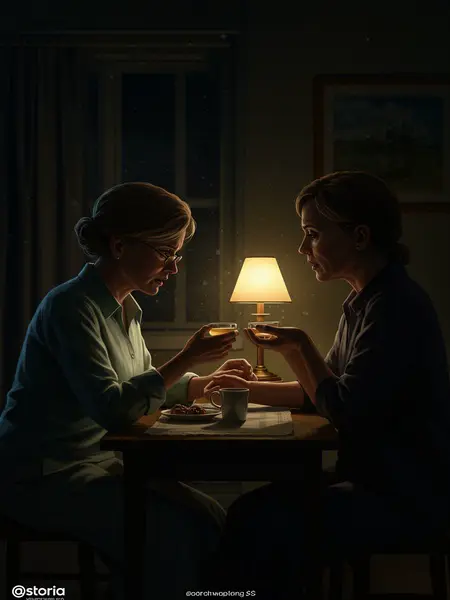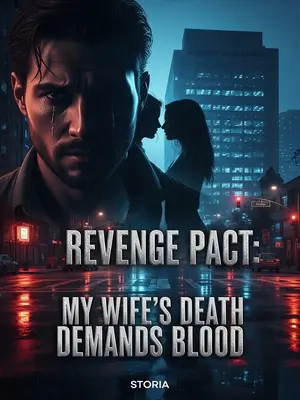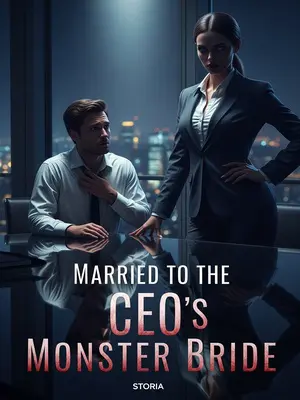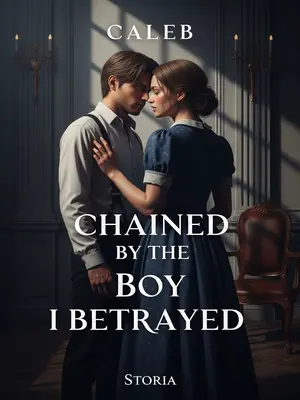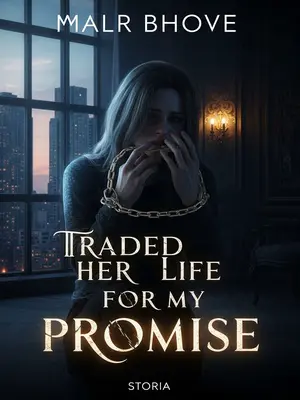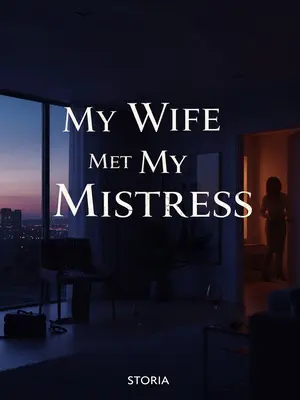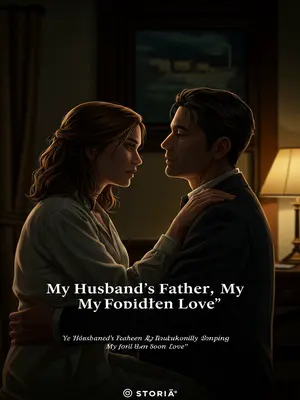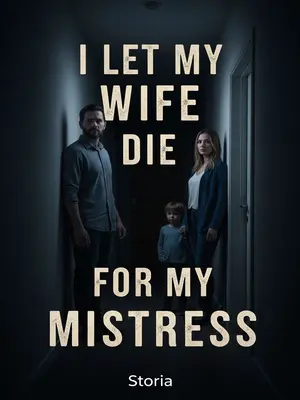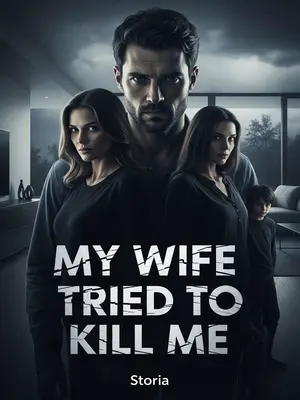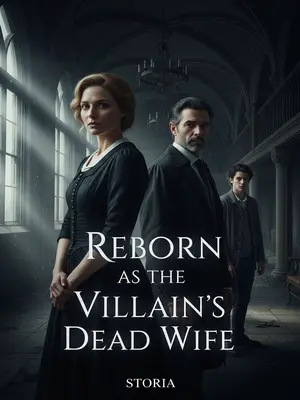Chapter 1: Trouble at the Restaurant
Toledo winters could turn mean, but nothing chilled me like that Friday night, when trouble staggered through our restaurant door, stinking of booze and bad intentions.
The kind of cold that seeps into your bones pressed against the glass, but inside, the kitchen’s heat fogged the windows and our neon sign painted the parking lot pink. People in Toledo can get rowdy, but that night, the laughter from the booths sounded sharp, edged with something ugly. The group tumbled in loud and already lit, cracking jokes and shoving each other as they crammed into the cracked vinyl booths.
Natalie—my wife—came out with the food, balancing plates with her usual quiet grace. When you’re a woman, you know sometimes your shirt collar slips a bit when you lean over.
She’d tied her auburn hair up, as she always did when the rush hit, hands trembling just a touch as she set down platters loaded with fried chicken, cornbread, and her famous collard greens. She managed a tired smile, though the night was already wearing her down. On the busiest nights, she’d end up with sauce on her apron or a fork on the floor, but she always treated every customer like kin.
One of those drunks reached right into her shirt and pinched her, hard.
The whole place froze—the jukebox, the chatter at the next table, even the old-timers in the corner. The guy’s buddies howled like it was a prank, but Natalie’s face went ghost-pale. Even the regulars looked up, shifting in their seats, not sure if they should step in or keep pretending nothing happened.
Natalie jerked back and slapped him, hard, across the face.
The slap cracked through the room, sharp and desperate. A couple fries hit the floor. Her wedding ring left a red welt on his cheek, but all he did was snarl, his pride burning in front of his friends. Nobody moved. All I could hear was the low hum of the refrigerator.
Humiliated and furious, he lashed out—started beating my wife, wild and savage.
The fight crashed over the booth, plates flying, glass smashing. Natalie curled up, arms over her head, but he kept swinging. The whole restaurant stood paralyzed, caught in the headlights of their own fear. His friends just stared, too wasted or too yellow-bellied to pull him off.
I burst in from the private dining room. Natalie’s face was slick with blood. I snapped, cussing him out, but before I could even move, he punched me so hard I felt my tongue break.
My jaw cracked sideways, the pain white-hot and blinding. Blood filled my mouth, thick and metallic. Chairs screeched as people backed away, but nobody stepped up. Toledo’s friendly—unless it means getting in the way of a man’s temper.
But I got my revenge.
Right then, the world shrank to just me, him, and the shine of kitchen steel. My rage was a tornado, tearing loose from whatever held me back. My hands moved like they’d practiced this in a hundred nightmares.
I slammed his arm to the table, grabbed the meat cleaver, and brought it down in one clean swing. That was it.
The cleaver landed with a wet, final thud. Silence hung for a heartbeat—nobody even breathed. The man’s scream was animal, raw and high. Blood sprayed across the tiles, mixing with fryer grease and bleach. I didn’t care about tomorrow, the law, or anything but making sure he never touched Natalie again.
Whatever hand hurt my wife—I took it.
Time slowed, my hands numb and foreign. In that moment, all I felt was bitter, righteous satisfaction. The kind you’re supposed to swallow, but every nerve in me screamed this was justice.
I raised the knife to his neck, but Natalie grabbed me, sobbing and pleading for me to stop.
Her voice broke through the haze—hoarse, desperate. She clung to my waist, tears streaking through blood on her cheek. “Please, honey, stop—don’t do this. For me, for us.” She shook with fear, the kitchen lights too bright, every eye burning into my back.
For my sake, Natalie gave up everything. She spent every dime we had, sold everything just to get me a suspended sentence. Only because that bastard was drunk, harassed my wife, and busted my jaw first.
She sat with lawyers in borrowed coats, pawned her mama’s wedding quilt on Monroe Street—the one meant for our kid. Every night, she held me while I fell apart, swearing we’d find a way to start over.
We tried for justice, but it was pointless.
Nobody cared about righteous anger. Paperwork, tired public defenders, cold city offices—every answer the same: the law’s the law, and you can’t undo what’s done. The courthouse steps just got colder each time.
When I pinned his arm, he sobered in terror, confessed what he’d done, begged for forgiveness, swore he’d never do it again.
He sobbed on the floor, stammering apologies, promising to pay, to change. But the damage was done—his fear real, the blood under his wrist more real.
But I couldn’t pull back—I brought the knife down anyway.
That’s what haunted me most. Rage is wildfire; once you feed it, it burns everything. I was left alone in the ashes.
A dozen witnesses swore I attacked him after he apologized and begged for mercy.
They took the stand—some shaky, some smirking, some pretending they saw nothing. In the end, their stories matched: I’d lost it, gone too far. Their words hurt more than the verdict.
The judge ruled I’d gone way past self-defense.
The gavel dropped, and my heart with it. The judge—gray hair, cold eyes—told me I crossed the line. “We can’t allow vigilantes, no matter the provocation.” The sentence felt like iron chains.
We lost our house and the restaurant. Everything we built was gone.
The yellow house, the sunflower garden, the linoleum where we danced after closing—all of it sold off. The restaurant sign came down one rainy morning. We packed what little was left and drove away, not sure if we’d ever belong anywhere again.
